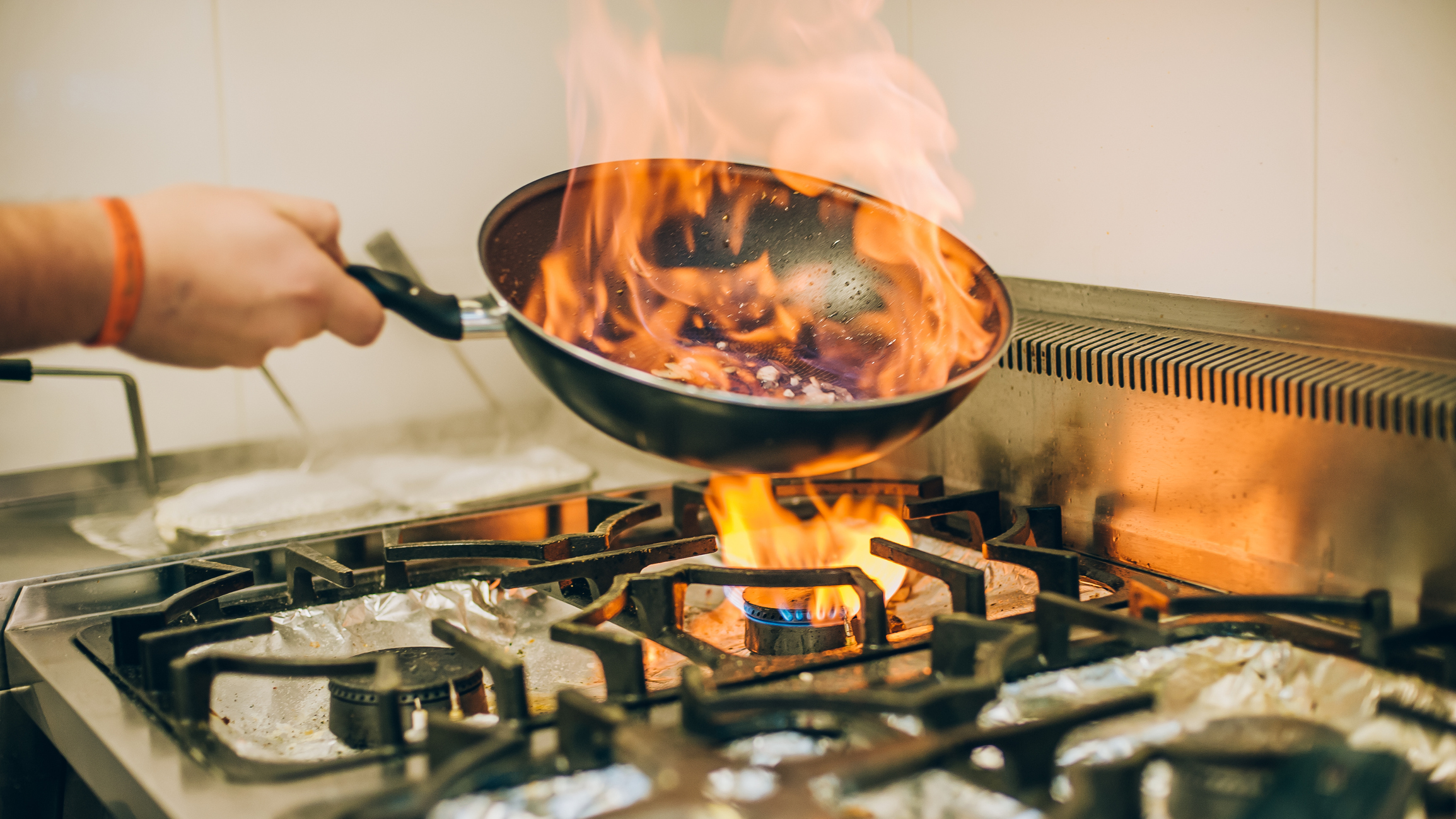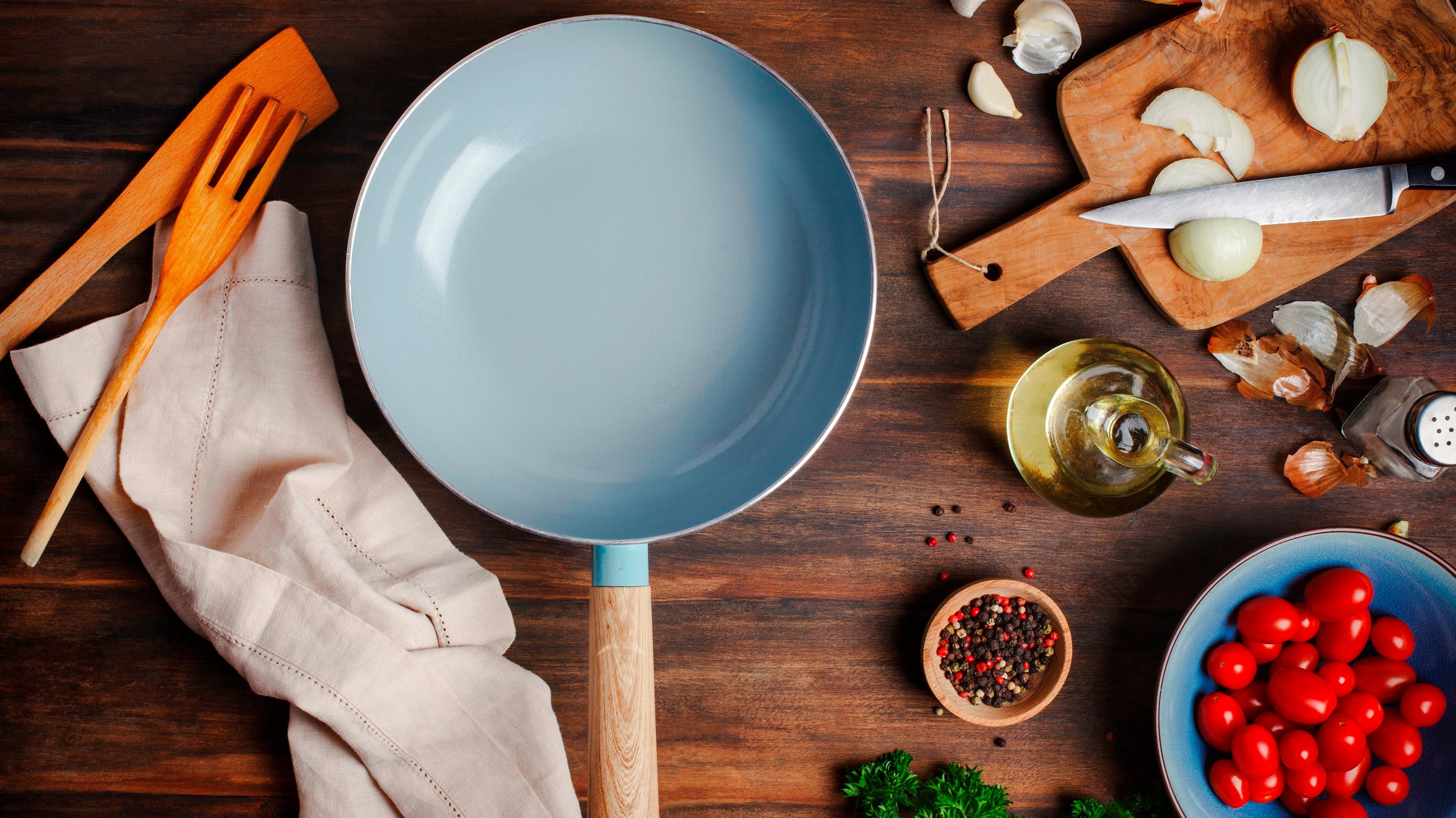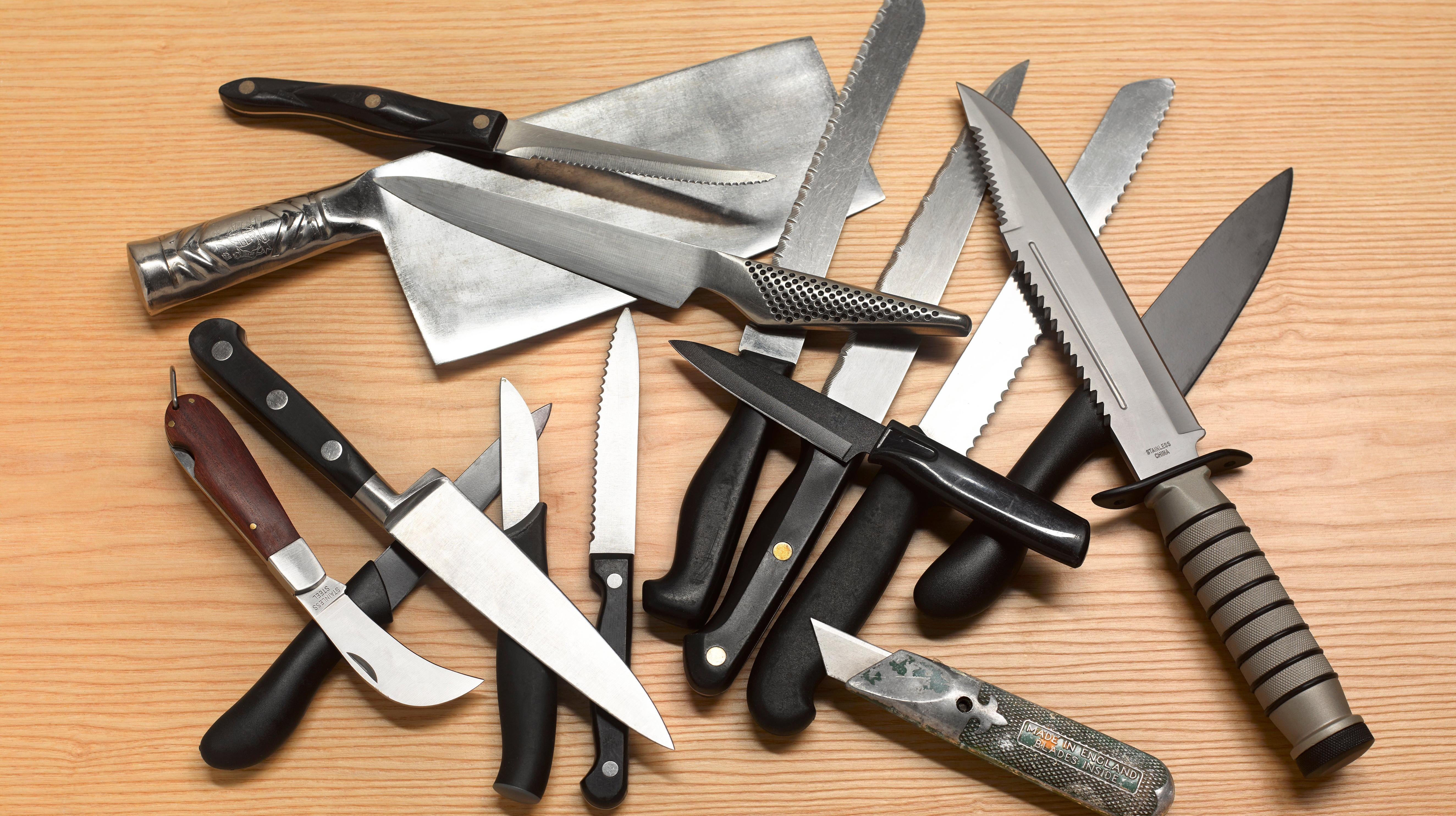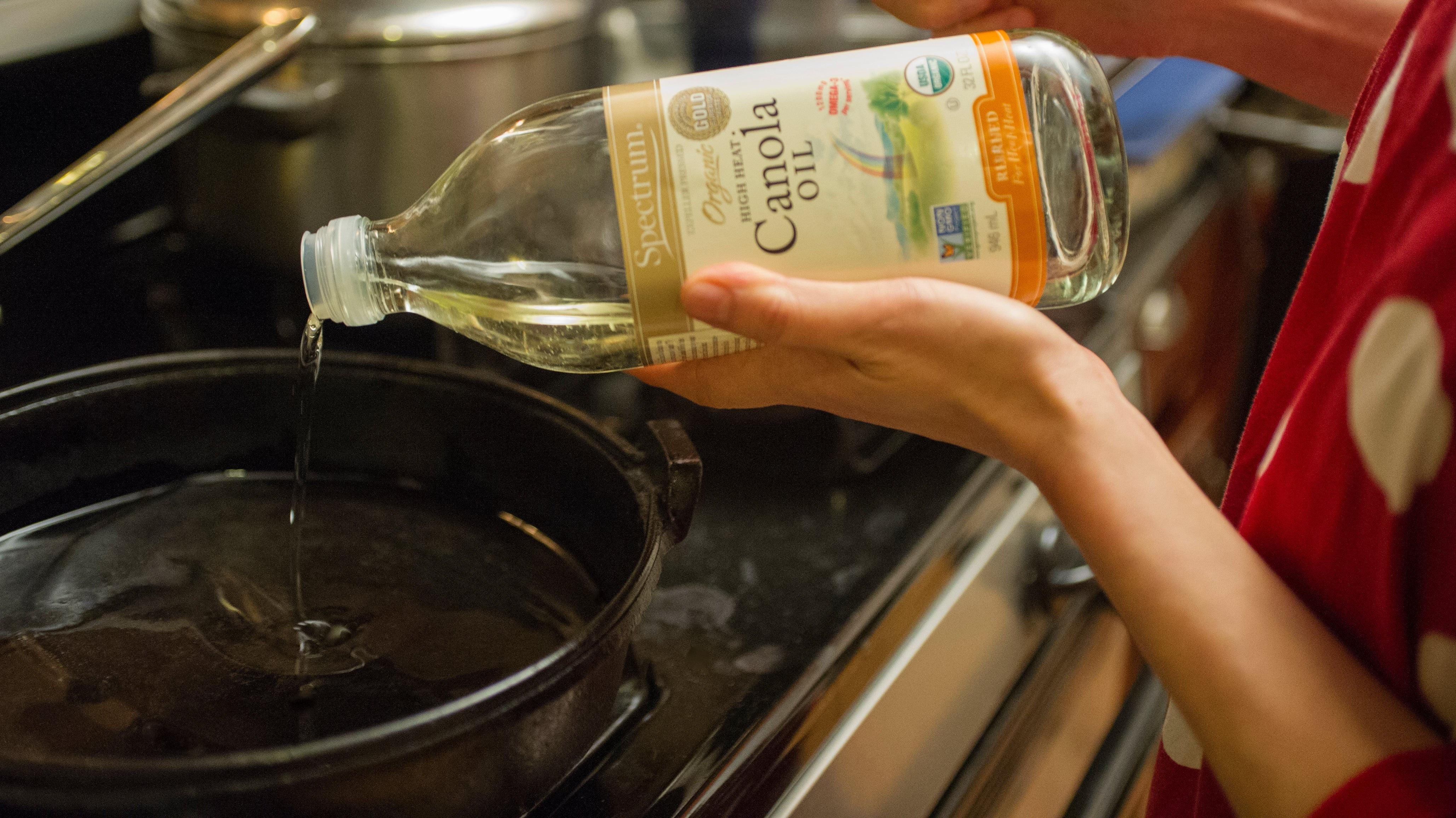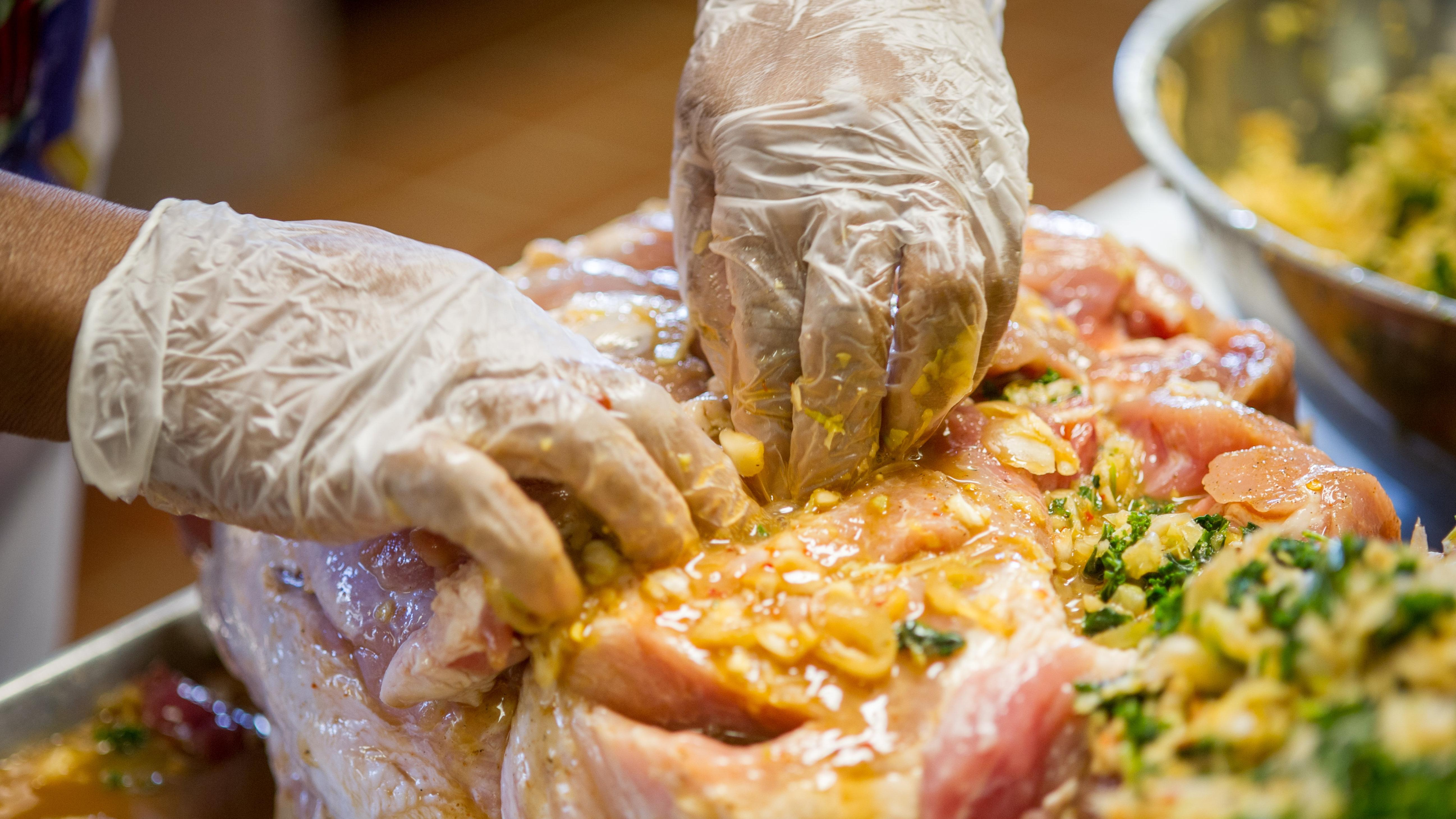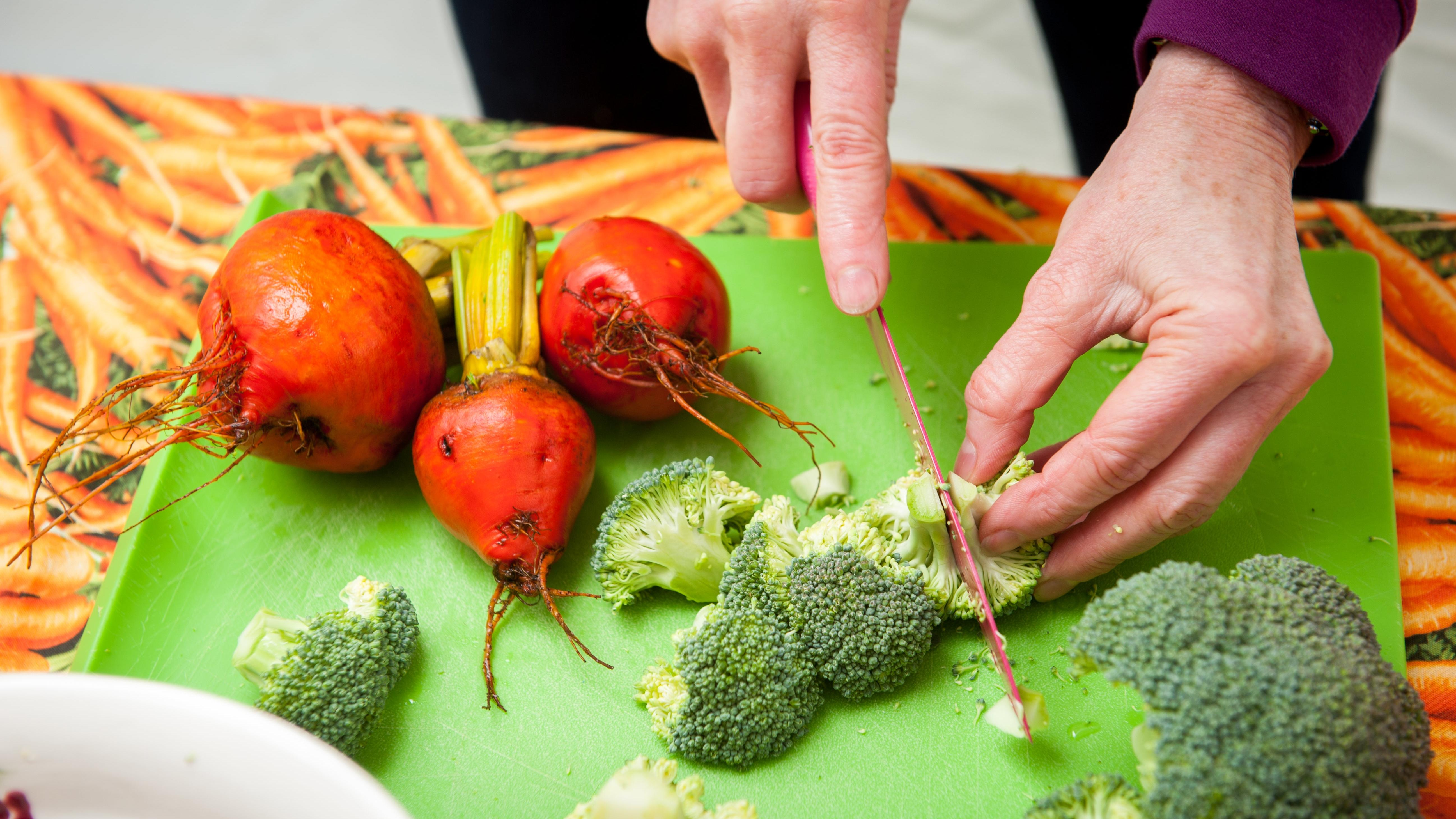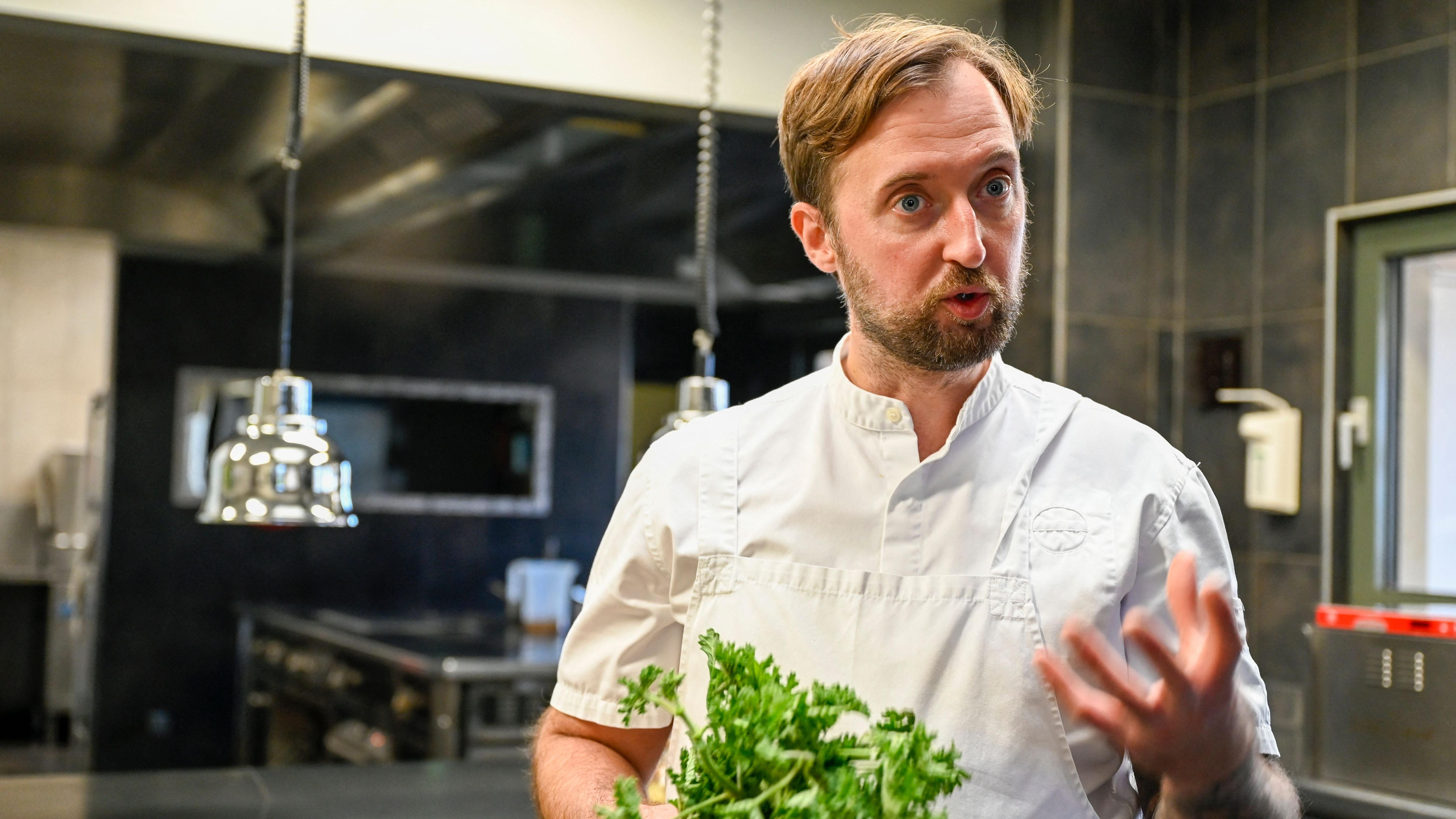6 Tips To Avoid Common Kitchen Injuries, Courtesy Of A Chopped Champion
Chef Zoe Schor shares her top kitchen safety rules.
Zoe Schor knows a thing or two about stressful kitchen environments. Not only is she a Michelin-star chef, but also the owner and executive chef at Split-Rail in Chicago and, most recently, a Chopped champion. You don't achieve even one of those accolades without experiencing your fair share of nicks, burns, and bruises along the way. And once you reach Schor's status, you know how to avoid kitchen injuries at all costs; you're less likely to win three rounds of Chopped or keep a booming restaurant running if you slice off a finger while creating a dish.
For Schor, the key isn't just treating a wound when there's a cooking mishap—it's all about prevention.
"It's not that different from safety when you're driving a car," she says. "If you're piloting a several-ton vehicle, you should be paying attention. If you don't, you're going to get into trouble. If you have a knife in your hand or are dealing with hot oil or something else, if you forget the power of that thing, you might live to regret that."
While it never hurts to have some bandages and burn ointment on hand just in case, these tips will hopefully render anything in your first aid kit obsolete. "I can't stress enough," Schor says, "just not getting hurt is the number-one move."
Stay organized
"Not trying to prep food in a cluttered area, not trying to fit a bunch of stuff on a cutting board and keep cutting on the same cutting board, that's one of my number-one rules for me at home and at work," Schor says.
When you have more room to work, you're less likely to be using your knife at odd angles that give you less control, and you can safely set down hot pans or boiling liquids away from where your hands are working. It's also easier in an organized space to see what the obvious threats are and avoid them.
Sharpen your knives
While a sharp knife might seem like the bigger threat to your digits, it's the dull knives you really have to watch out for in the kitchen.
"A dull knife is going to slip off of the skin of peppers, it's going to slip off pepper seeds," Schor says. "If you're cutting through bone when you're breaking down a chicken, there are all these opportunities for it to slip and skid and run off the side of the thing you're trying to cut and [the blade] goes at your finger instead."
No matter how sharp your knife, though, Schor begs you to avoid "silly injuries" that come from things like trying to open cans and bottles with knives. Get the right tools for the job and keep all your fingers. It's pretty simple.
Don’t fear the oil
"We're afraid of the oil so we keep our hands above and drop from above, then the oil splashes back," Schor says. "The fear makes people drop things from a higher height and makes people have jerkier motions. Less fear means you're getting closer, you're doing smooth motions, you're not creating that splash back that causes the burn."
When it comes to getting a nice sear on seafood or meats, Schor suggests gently sliding the ingredient into the hot pan with oil from the side to avoid the splash back and any pops of oil. If you're frying something in tempura batter, for example, get as close to the oil as you can without touching it before dropping the coated ingredient in. Just please, for the love of god, never actually put your finger in the oil.
Wear gloves
Gloves not only offer another layer of protection from cuts or oil splashes, but can save you from a lesser mentioned injury for which there is very little relief: hot pepper oils. Schor makes sure to warn everyone in her kitchen about the dangers of barehanding spicy produce.
"When I was an intern, I had to seed Thai chili peppers for something and I did it barehanded for a big batch of something," Schor says. "I felt like I had third degree burns all over my palms. What's stunning about that is how much it can hurt and how it doesn't leave a trace generally. Your hands look totally normal and you're just on fire and there's nothing you can do, just wait it out."
And if you happened to ignore every step up until this point and did in fact get a cut or burn, it's always good to have extra gloves around so you can protect your wound, protect your ingredients from anything that might be coming out of that wound, and keep cooking.
Move slowly
This tip might sound funny coming from someone who was recently seen racing through the Chopped kitchen, but that is not the norm for Schor.
"Running in the kitchen is not a great idea, period," Schor says. "Being hasty when you're moving oil, then you get oil on the floor and don't notice it and you fall down. Especially in home kitchens, that's an even bigger risk. If you've got tile floor in your kitchen and you spill a little bit of oil, your partner or your kid or your whoever comes in the kitchen and doesn't know about it, they can fall, they can hit their head."
Remember, when you're cooking at home, you are not on a competition show. Taking things slowly will not only prevent serious injury, but will be much better for many of your dishes as well.
Communication is key
"That common kitchen language: 'behind,' 'corner,' 'around,' 'hot,' 'under,' 'over,' etc. When I cook at home I say those things, when I cook at my parents' house I say those things," Schor says. "My partner and I started cooking at home together, and we've got that language where we're letting each other know what's happening and that really makes a difference."
